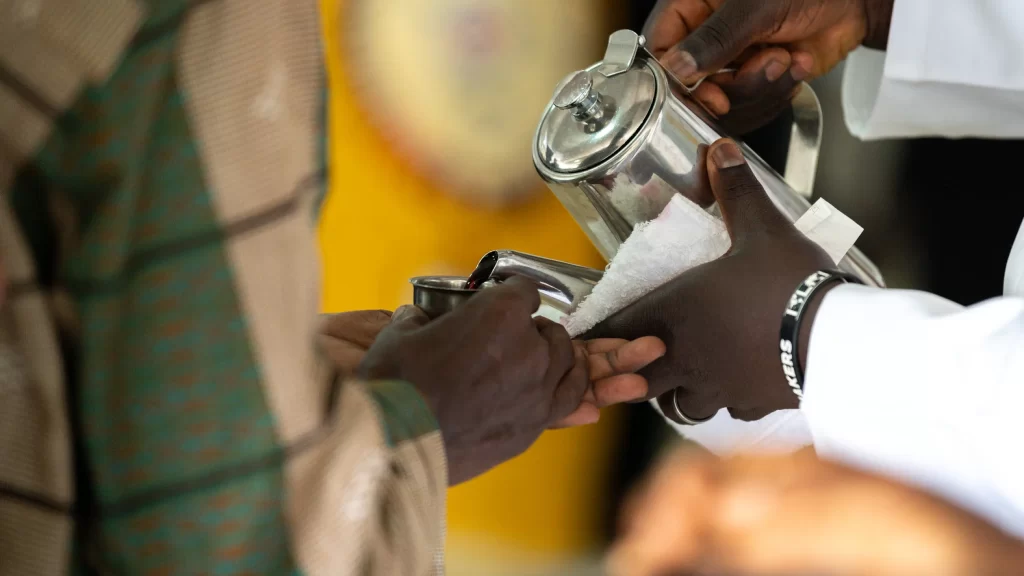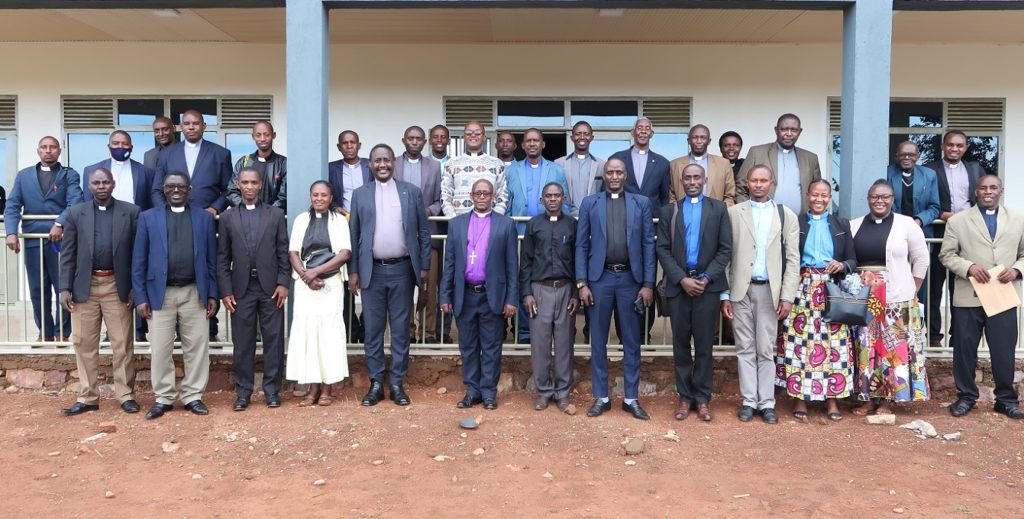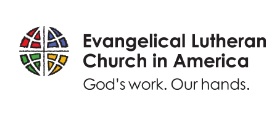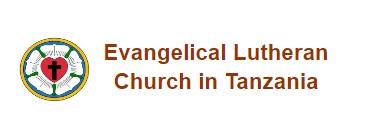- KK 129 Kanombe, Kigali Rwanda
- +250 783 032 012 / +250 788 353 552
An opportunity to strengthen churches, deepen collaboration, and advance commitment to climate justice
Hosted by the Lutheran Church in Rwanda, the 2025 Africa Regional Leadership Conference brought together LWF Council members, advisors, sub-regional leaders, representatives of regional networks (Diakonia, Gender Justice, ALCINET, Youth and Theological Education), partners and the host church.



Worship and Holy Communion are integral parts of LWF’s leadership meetings. Photo: LWF/Albin Hillert
A gathering of regional leaders
The conference welcomed approximately forty participants, including members and advisers of the Lutheran World Federation (LWF) Council, subregional leaders from the Lutheran Communion in Southern Africa (LUCSA), Central and East Africa (LUCCEA), and Central and Western Africa (LUCWA). Also attending were representatives from regional networks focused on gender justice, youth, climate, and communications, as well as leaders who work with diaconia and theological education. The theme of the conference, “Inspired by Hope to Thriving Churches,” emphasized resilience, growth, and unity among Lutheran communities in Africa.
Faith, strategy, and climate action
Each day began and ended with prayer and devotion, grounding the discussions in spiritual reflection. Participants explored how to contextualize the LWF Strategy 2025-2031, “Sharing Hope – Empowering Churches, Impacting the World” in their churches and contexts. A highlight of the agenda was a symbolic tree-planting activity titled “Thriving Churches – Towards a Carbon-Neutral Future.” This initiative responds to the “Resolution on the climate emergency” adopted at the Thirteenth LWF Assembly in Poland, underscoring the churches’ commitment to environmental stewardship.


Honoring history and memory, building peace
The conference concluded with a visit to the Kigali Genocide Memorial, which commemorates the victims of the 1994 Rwandan genocide. The site is the final resting place of more than 250,000 people and serves as a place of remembrance and education.
A story of faith and resilience
“The Lutheran Church of Rwanda (LCR) warmly welcomes members of the Lutheran communion,” said Rev. Prince Kalisa, General Secretary of the LCR. “The conference is a concrete expression of our global connectedness in faith and action.”
About LCR
The LCR was founded in 1994 and has approximately 7,200 members across sixty congregations and twenty-five parishes. It is served by thirty-eight ordained pastors, including five women. The Lutheran faith was first introduced to Rwanda by German missionaries in the early 20th century. After World War I, these missionaries returned to Germany, and their work was continued by the London Missionary Society, the Presbyterian Church of Rwanda, and the Seventh-day Adventist Church.
In 1994, Rwandans who had lived as refugees in Tanzania for over 45 years returned home. Many were Lutheran Christians, including six pastors ordained in the Evangelical Lutheran Church of Tanzania (ELCT), who played a foundational role in establishing the LCR.

.
Our Partners





